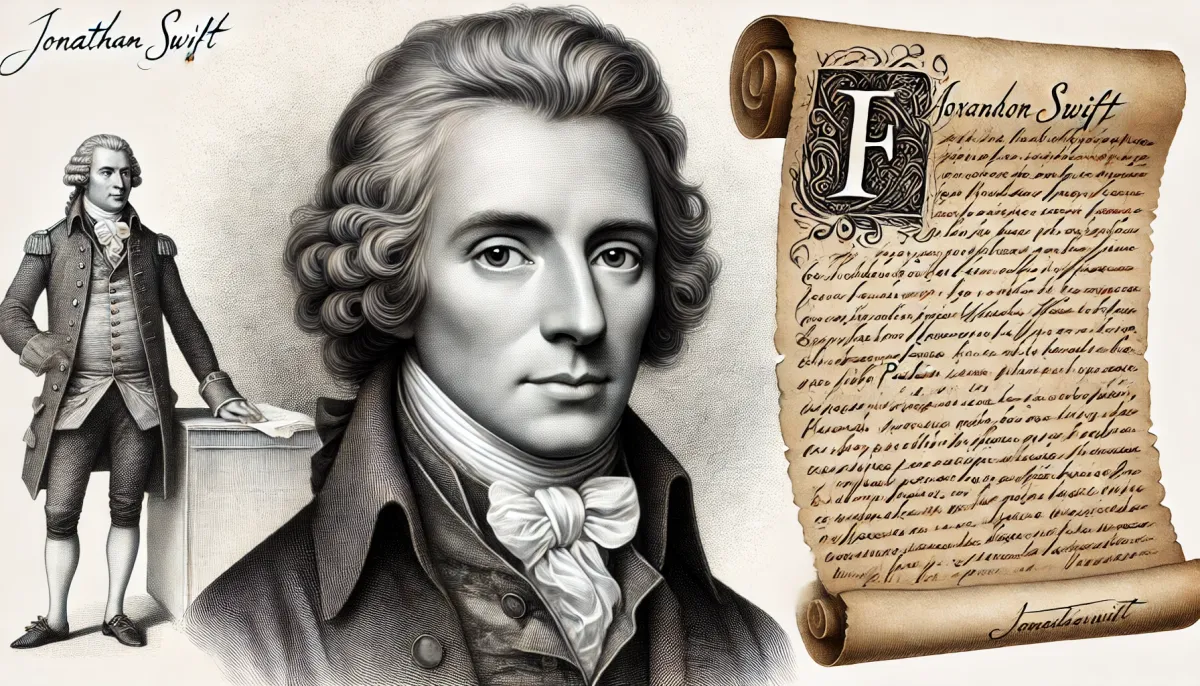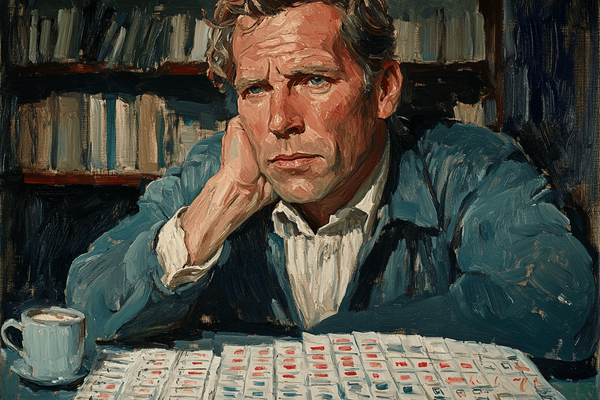List for Old Age
Jonathan Swift, author of “Gulliver's Travels”, at his 32 wrote older himself rules for behavior. Let's take a look at them in this article.

I always feel a thrill when I find some ancient thoughts that fit almost perfectly into today’s context. And on the pages of the book “Lists of Note” [1], I discovered such a list by Jonathan Swift, author of “Gulliver's Travels”. By the way, in two years, the novel will be 300 years old.
The list “When I Come to Be Old” appeared back in 1699. Jonathan was 32 years old at the time. Here are the recommendations he gave to his future older self:
Not to marry a young Woman.
Not to keep young Company unless they reely desire it.
Not to be peevish or morose, or suspicious.
Not to scorn present Ways, or Wits, or Fashions, or Men, or War, &c.
Not to be fond of Children,or let them come near me hardly*.
Not to tell the same Story over and over to the same People.
Not to be covetous.
Not to neglect decency, or cleenlyness, for fear of falling into Nastyness.
Not to be over severe with young People, but give Allowances for their youthfull follyes, and Weeknesses.
Not to be influenced by, or give ear to knavish tatling Servants, or others.
Not to be too free of advise nor trouble any but those that desire it.
To desire** some good Friends to inform me wch of these Resolutions I break, or neglect, & wherein; and reform accordingly.
Not to talk much, nor of my self.
Not to boast of my former beauty, or strength, or favor with Ladyes, &c.
Not to hearken to Flatteryes, nor conceive I can be beloved by a young woman, et eos qui hereditatem captant, odisse ac vitare [and to hate and avoid those who try to gain an inheritance].
Not to be positive or opinionative.
Not to sett up for observing all these Rules; for fear I should observe none.
Here is how the original list looks like:
Would you give yourself similar recommendations? What would you add? What would you remove?
* In the book “The Portable Swift” [2], it is stated that this crossing out was supposedly done by another person and certainly later.
** In the same “The Portable Swift”, it is mentioned that earlier the word conjure stood here. It seems that after writing the last points, Swift decided to ease up on himself.
List of references:
[1] Shaun Usher “Lists of Note: An Eclectic Collection Deserving of a Wider Audience”, ISBN 978-1452144573
[2] Jonathan Swift, Carl Van Doren, The Portable Swift, ISBN 978-0140150377.



